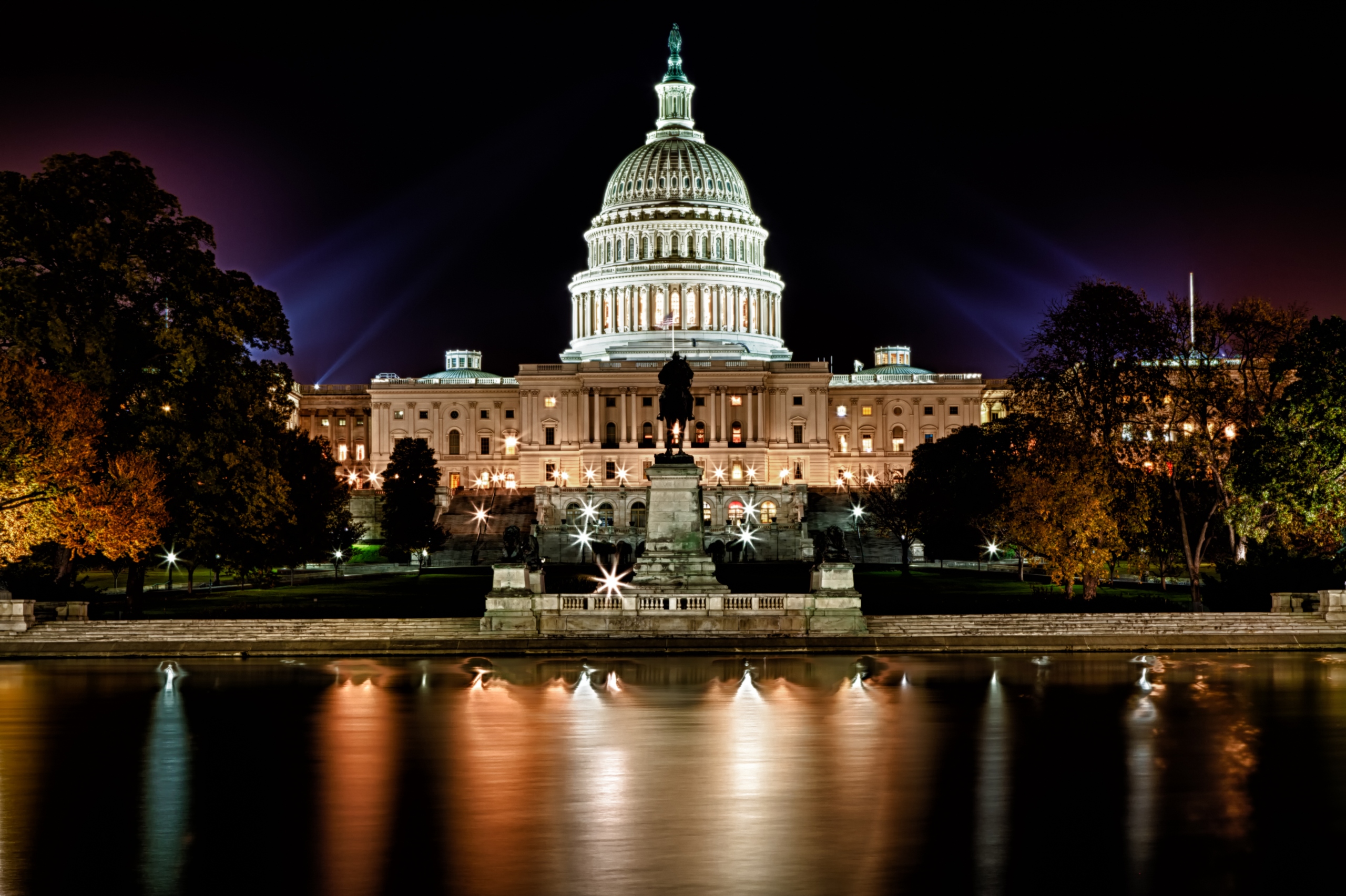
11 October 2023 • 5 minute read
DOJ announces new safe harbor for self-disclosing criminal misconduct discovered in mergers and acquisitions
Building on prior efforts to encourage voluntary self-disclosures of corporate misconduct, the Department of Justice (DOJ) recently announced a new Safe Harbor Policy for disclosing misconduct discovered by acquirers during the merger and acquisition process.
Announced by Deputy Attorney General Lisa O. Monaco during prepared remarks at the Society of Corporate Compliance and Ethics’ 22nd Annual Compliance and Ethics Institute on October 4, 2023, the Mergers & Acquisitions Safe Harbor Policy will allow acquirers to obtain a presumption of declination from the DOJ if the acquirer discloses criminal misconduct of the acquired company, cooperates during the DOJ’s investigation, and remediates the criminal misconduct. The Safe Harbor continues the DOJ’s efforts to encourage self-disclosure and corporate compliance by formalizing and streamlining its previous practices regarding self-disclosures.
The Policy affects successor liability for companies that acquire new entities. Generally, a company that acquires an entity also acquires that company’s liabilities, including liabilities for violations of the Foreign Corrupt Practices Act (FCPA) if the company was subject to the FCPA pre-acquisition. Under the new Policy, acquiring companies will be entitled to a presumption of declination of DOJ prosecution, including FCPA actions, if they (a) disclose misconduct discovered at the acquired entity within six months from the date of closing (regardless of whether the misconduct was discovered pre- or post-acquisition); (b) cooperate in the DOJ’s investigation; and (c) appropriately and timely remediate the misconduct, including restitution and disgorgement.
DAG Monaco provided some specifics about the Safe Harbor during her remarks:
- The Safe Harbor will only apply to criminal misconduct discovered in bona fide, arms-length transactions, and not to conduct that the company is otherwise required to disclose, is already known to the DOJ, or is public knowledge.
- Companies will have a baseline of one year from the date of closing to fully remediate the misconduct.
- Both the six-month deadline to report and one-year deadline to remediate will be subject to a reasonableness analysis. Prosecutors will have discretion to extend these deadlines depending on the specific facts and circumstances at issue. However, DAG Monaco cautioned that companies that detect misconduct threatening national security or issues involving ongoing or imminent harm cannot and should not wait for the deadline to disclose.
- Aggravating factors at the acquired company will not impact the acquiring company’s ability to receive a declination. And the acquired company may also qualify for voluntary self-disclosure benefits, including a declination, absent aggravating factors.
- Misconduct disclosed under the Safe Harbor will not affect recidivist analysis at the time of disclosure or in the future.
- While the Safe Harbor will be instituted throughout all DOJ units that prosecute corporate crime, the Safe Harbor will not impact civil merger enforcement.
The Policy continues the DOJ’s efforts to incentivize companies’ investment in fulsome compliance and self-disclosure programs. As discussed in our prior alert, the DOJ previously directed all units that prosecute corporate crime to review their policies on voluntary self-disclosures and announced requirements for companies to build compliance promoting criteria into their compensation and consequence management programs.
The Safe Harbor Policy also formalizes and streamlines the DOJ’s Corporate Enforcement and Voluntary Disclosure Policy, announced earlier this year, which updated the DOJ’s Corporate Enforcement Policy of 2017. This Policy clarified that an acquirer could earn a presumption of declination for voluntarily disclosing FCPA violations of a target company under defined circumstances, but did not include a specific timeline for such a self-disclosure. The Safe Harbor Policy adds this timeline. The predictability envisioned by the Safe Harbor Policy may now allow an acquirer to report and “clean up” a target’s misconduct after closing with a better understanding of any potential liability.
It remains to be seen how the DOJ will resolve cases where a company discloses conduct of an acquired company outside of this timeline, but where the company would otherwise qualify for the presumption of a declination, i.e., by making a timely voluntary disclosure, cooperating fully with the ensuing DOJ investigation, and otherwise meeting the pre-existing criteria.
Key takeaways
Acquirers should recognize that the DOJ’s new Safe Harbor Policy incentivizes post-acquisition auditing of acquired assets. While thorough pre-acquisition diligence remains important, the DOJ’s new Safe Harbor Policy explicitly covers misconduct discovered post-acquisition.
Post-acquisition audits may be a wise investment, especially in deals with high risk profiles or where the ability to conduct comprehensive pre-acquisition diligence is limited. Ensuring any prior misconduct is identified within six months of closing and carefully weighing the benefits of potential disclosure where warranted may prevent years of DOJ scrutiny, avoid successor liability, and save significant costs.
To further discuss the impact of the new Safe Harbor Policy on your business, please contact your DLA Piper relationship attorney or any of the authors.


